The charge of ‘moralism’ or ‘moralising’ is always complicated. Nobody endorses immorality, we all know the difference between moralism and morality. Or do we? The former implies an unattractive self-righteousness; the latter is ‘the real thing’. But without righteousness, does morality have any meaning? The obvious danger with rejecting moralism is that we abandon any attempt to talk about right and wrong. Indeed, contemporary culture seems uncomfortable with the language of morality. Terms like good, bad, right, wrong, should, should not, duty and obligation are often seen as moralistic ‘tut tutting’ that unfairly stigmatises people.
To some extent, the kinds of moral judgements that are acceptable or not change with the times, such as attitudes to slavery or eugenics. But do changing moral norms always reflect more enlightened attitudes, or just changing prejudices? For example, is the routine denigration of those who embrace traditional ideas of morality any more than a new form of ‘moralising’? Earlier this year, UK Supreme Court judge Lord Wilson of Culworth declared that the nuclear family had been replaced by a ‘blended’ variety, and that Christian teaching on the family has been ‘malign’. Paradoxically, though, something like homosexuality was not only once considered immoral and now seen as fine; one’s attitude to it has become a marker of one’s own moral standing: ‘enlightened’ or ‘bigoted’. The intriguing result is that those who still frown on homosexuality might well protest against the ‘moralism’ of those who condemn them, while the latter retort that some moral judgements are beyond debate.
In other cases, moral etiquette changes for seemingly more fickle reasons. While judgementalism about sexual mores is ostensibly frowned on, the intense moral reaction that followed recent allegations of historic sexual offences seemed to go beyond particular crimes to condemn old-fashioned attitude to sex, and even the past itself. Or take the sphere of public health, in which medics and politicians cite ‘the science’ while engaging in what otherwise looks like a moral crusade to change attitudes to what we eat, drink or smoke, showing a remarkable willingness to tell others what they can and cannot do, or else. The zealousness of those policing behaviour in relation to lifestyle choices points to another apparent contradiction in today’s moral landscape. If religious moral values are seen as too narrow, we seem less troubled by formalised norms dictated by rigid codes of conduct, ethics committees, or ‘you can’t say that’ speech rules, the last of which cast certain words as morally reprehensible, and dubs those who may utter them as beyond the pale.
Such discrepancies are hard to explain rationally, perhaps because they have less to do with individual or collective moral judgements than with moral ‘fashion’. So is it possible to engage in serious moral debate that avoids both self-righteous groupthink and relativistic indifference? Are morals best left to individuals, or is there a place for ‘intelligent moralising’?
Speakers Dr Hannah Dawson historian of ideas, New College of the Humanities; author, Life Lessons from Hobbes Kenan Malik writer and broadcaster; author, From Fatwa to Jihad and The Quest for a Moral Compass Alister McGrath Andreas Idreos Professor of Science and Religion, University of Oxford Chair Dolan Cummings associate fellow, Institute of Ideas; editor, Debating Humanism; co-founder, Manifesto Club

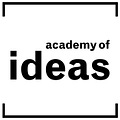





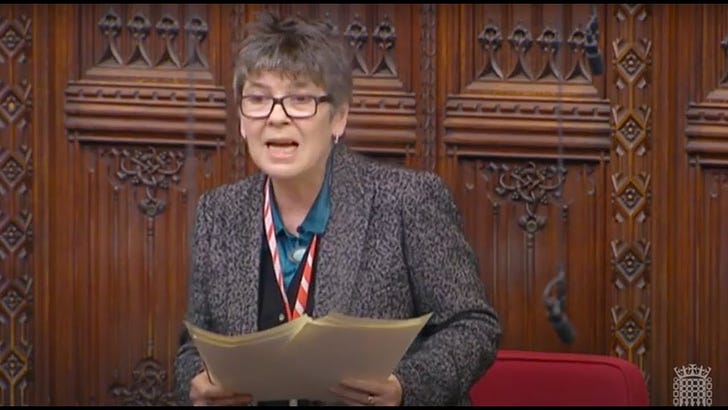

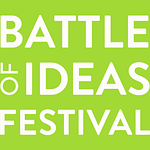
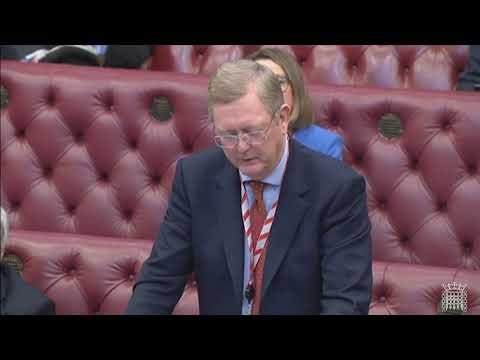

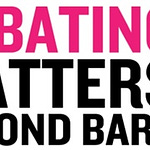

#BattleFest2014: Our morals, their moralism?